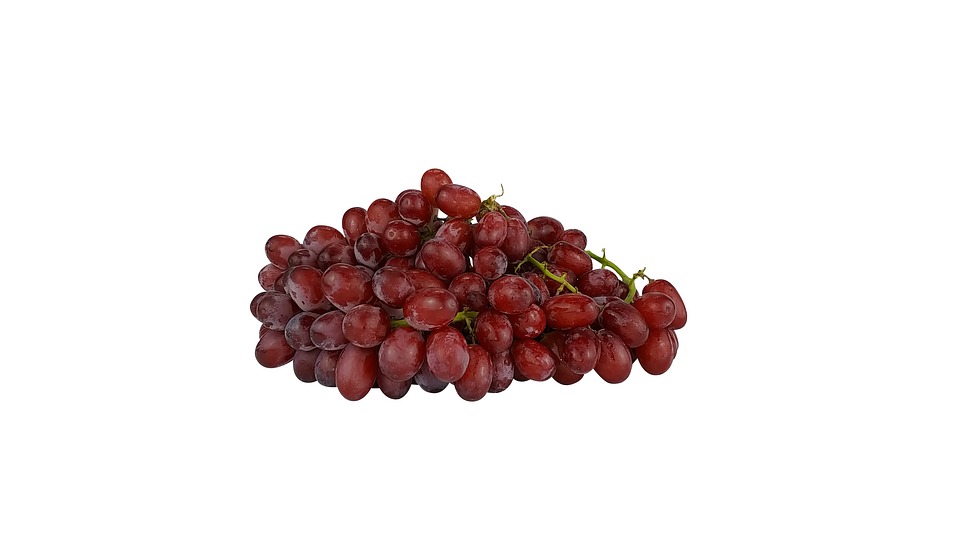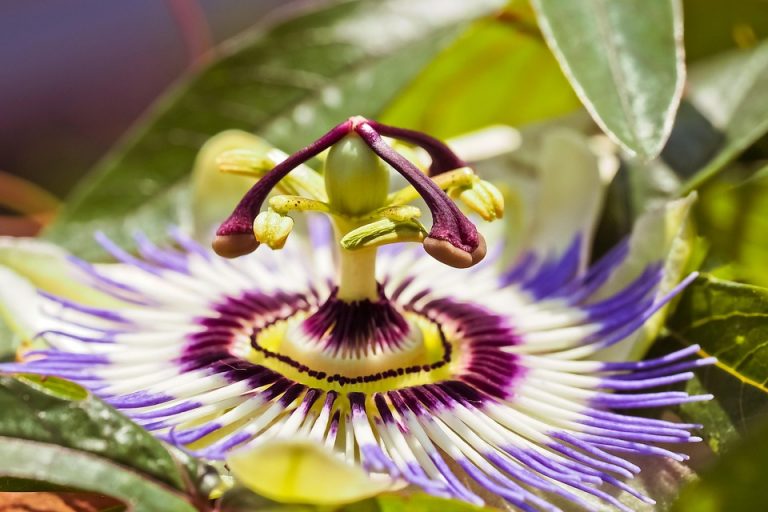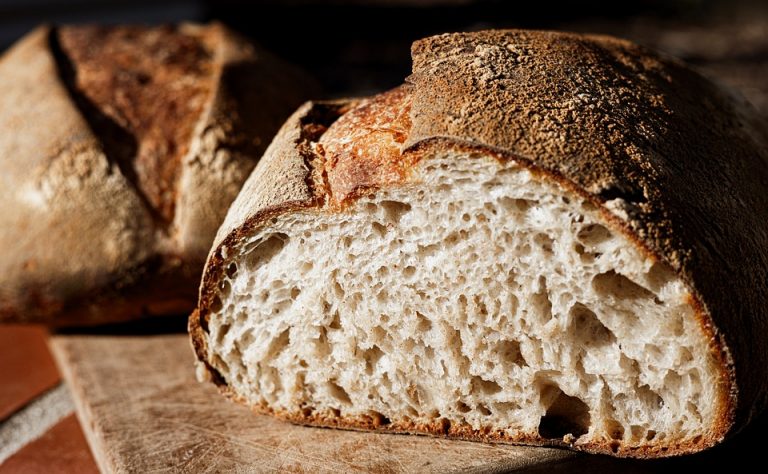Contents
5 Benefits Of Grape Juice For Sleep Everyone Should Know
Ever found yourself tossing and turning at night, wishing for a good night’s rest? If you’re like many, you might be searching for natural remedies to help ease you into a peaceful slumber. While there are countless options out there, one surprisingly effective contender is grape juice. This sweet and tangy drink not only tantalizes your taste buds but may also provide notable benefits for your sleep quality. Here’s a deep dive into five key benefits of grape juice that might make you reconsider your nighttime routine.
1. Natural Source of Melatonin
Melatonin is often dubbed the “sleep hormone” because it plays a crucial role in regulating sleep cycles. Good news: grape juice is a natural source of melatonin. A study published in the Journal of Medicinal Food found that certain varieties of grape juice contain significant levels of melatonin, which can help improve sleep duration and quality (Wang, H., & Liu, C., 2020).
The advantage here is clear: integrating a cup of grape juice into your evening routine could be a simple way to boost your melatonin levels naturally. However, it’s worth noting that the melatonin content can vary depending on the type of grape used. Darker varieties, like Concord grapes, are often richer in this sleep-promoting compound.
2. Antioxidant Richness
Grape juice is packed with antioxidants, which are essential for combating oxidative stress in the body. This is particularly important for sleep because high levels of oxidative stress have been linked to insomnia and sleep disturbances. Research indicates that the polyphenols found in grape juice can protect your body from cell damage while promoting relaxation (Zhou, Y., et al., 2017).
Drinking grape juice may not only help you fall asleep faster but also improve the overall quality of sleep by providing this antioxidant support. Just be cautious about sugar intake—sometimes, moderation matters when it comes to the sweet stuff.
3. Relaxation Benefits from Magnesium
Stress can be a silent saboteur of sleep, and addressing it may help pave the way for a more restful night. Grape juice contains magnesium, a mineral that helps relax muscles and calm the nervous system. A study in the Journal of Clinical Hypertension explored magnesium’s role in reducing stress and promoting better sleep quality (Rosique-Esteban, N., et al., 2018).
Including grape juice in your evening regimen, alongside other magnesium-rich foods, could fortify your body’s defenses against stress. This isn’t to say grape juice is a replacement for stress-reduction techniques—but it could be a comforting companion during your wind-down routine.
4. Hydration and Sleep Quality
Staying hydrated is vital for overall health and can significantly impact sleep quality. Dehydration can lead to disruptions during the night, making it harder to stay asleep. Grape juice has a high water content, making it a tasty way to hydrate as you prepare for rest.
Research has indicated that good hydration can positively affect sleep patterns (Davis, H., et al., 2020). Incorporating grape juice not only aids in hydration but also adds a sweet twist to your nightly routine. However, moderation is key; you’ll want to avoid overconsumption to prevent mid-night trips to the bathroom.
5. Serotonin Boost for Calmness
Serotonin, often referred to as the “happy hormone,” can also influence your sleep patterns. Grape juice has been found to stimulate serotonin production due to its tryptophan content. Tryptophan is an amino acid that plays a key role in converting to serotonin and subsequently melatonin in the body.
A study in the Journal of Affective Disorders highlighted the link between serotonin levels and sleep quality, showing that higher serotonin can lead to improved sleep patterns (González-Maeso, J., et al., 2019). By including grape juice in your diet, you could potentially support your body’s natural serotonin production, setting the stage for a tranquil evening.
Frequently Asked Questions
1. How much grape juice should I drink before bedtime?
A reasonable serving is about 4–8 ounces. It’s best to consume it 30–60 minutes before you plan to sleep for optimal relaxation benefits.
2. Can I drink grape juice every night?
While it’s generally safe for most people, moderation is key due to its sugar content. Pay attention to how your body reacts and consult with a healthcare professional if you have concerns.
3. Is all grape juice equally beneficial for sleep?
Not necessarily. Look for 100% grape juice, ideally from dark varieties like Concord, which have higher concentrations of melatonin and antioxidants.
4. Are there any side effects of drinking grape juice?
For most people, grape juice is safe. However, those with conditions like diabetes should be mindful of its sugar content. Always consult with a healthcare professional if you have specific health concerns.
Conclusion
Grape juice is more than just a refreshing beverage; it holds a variety of potential benefits for improving sleep quality. From its natural melatonin content to its hydrating properties, this juice can be a delightful addition to your nighttime routine. As with anything, balance and moderation are essential. If you’re struggling with sleep, consider reaching for a glass of grape juice before bed, perhaps alongside a calming routine, to enhance your chances of restful slumber.
Whether you incorporate it as a nightly ritual or an occasional treat, grape juice might just help you find that elusive restful night sleep you’ve been seeking.
References
- Wang, H., & Liu, C. (2020). Melatonin content and antioxidant capacity of grape juice from different grape cultivars. Journal of Medicinal Food. URL: https://www.liebertpub.com/doi/full/10.1089/jmf.2020.0194
- Zhou, Y., et al. (2017). Protective effects of polyphenols from grape juice on oxidative stress in rats. Food Chemistry. URL: https://www.sciencedirect.com/science/article/abs/pii/S0308814617301224
- Rosique-Esteban, N., et al. (2018). The role of magnesium in sleep disorders: A review. Journal of Clinical Hypertension. URL: https://onlinelibrary.wiley.com/doi/abs/10.1111/jch.13265
- Davis, H., et al. (2020). The impact of hydration on sleep quality: A systematic review. Nutrients. URL: https://www.mdpi.com/2072-6643/12/10/3045
- González-Maeso, J., et al. (2019). Serotonin receptors in the sleep-wake cycle. Journal of Affective Disorders. URL: https://www.sciencedirect.com/science/article/abs/pii/S0165032718315476
Get Your FREE Natural Health Guide!
Subscribe now and receive our exclusive ebook packed with natural health tips, practical wellness advice, and easy lifestyle changes, delivered straight to your inbox.





